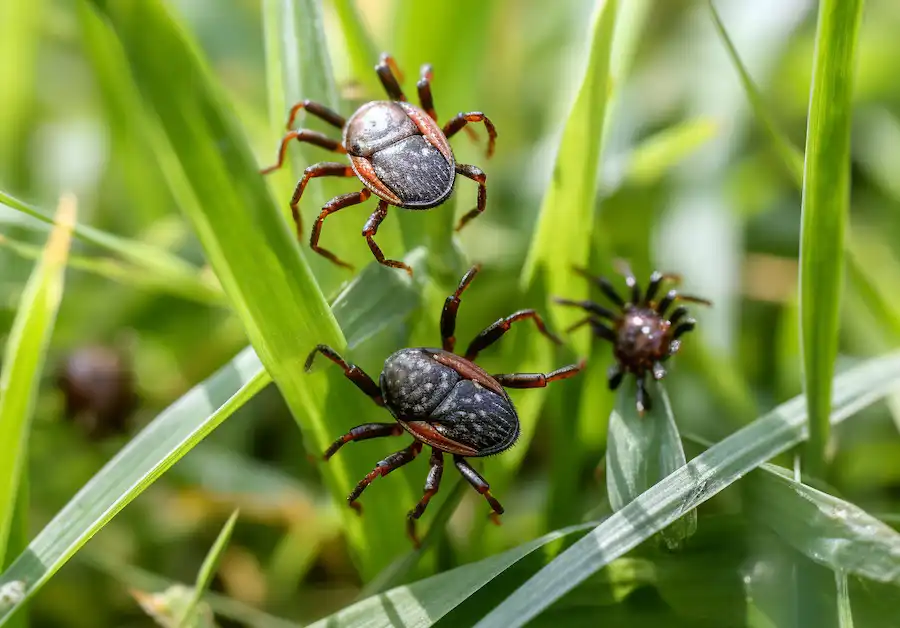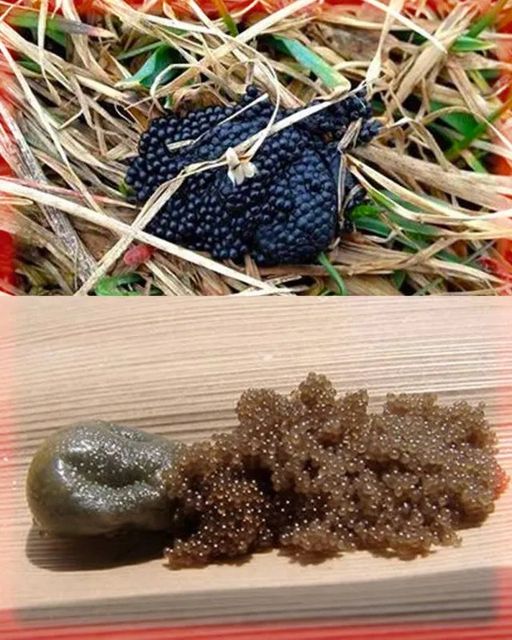Finding tick eggs in your backyard is something to take seriously. Ticks are well-known for spreading diseases, and their eggs can lead to an infestation if not dealt with promptly. This friendly guide will give you the knowledge you need to spot, handle, and prevent tick eggs in your outdoor spaces.
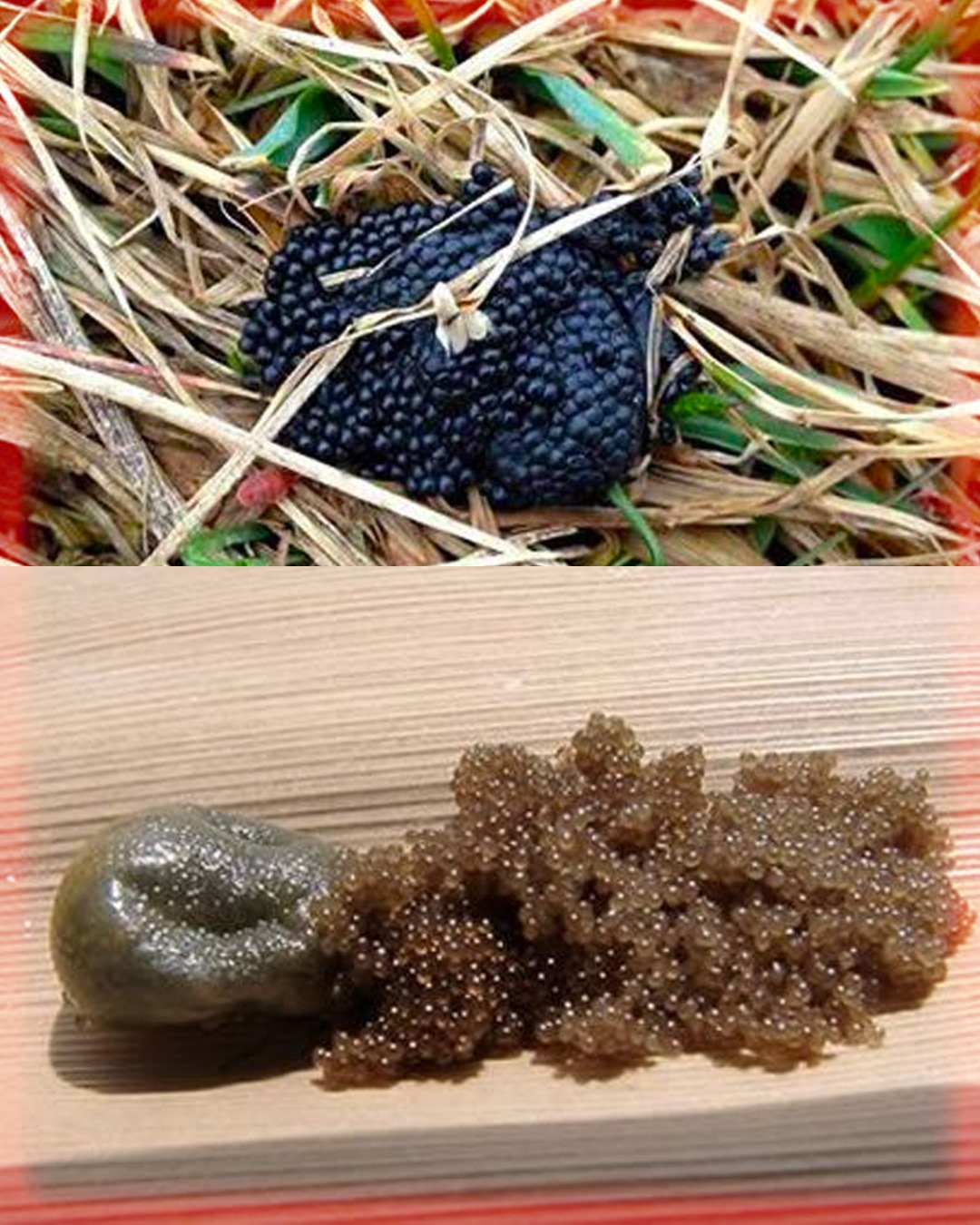
Identification of Tick Eggs
Tick eggs are very small, about the size of a poppy seed, usually around 0.5 mm in diameter. They are often oval or pear-shaped and can appear translucent or slightly whitish. The color may change depending on the tick species, but generally, the eggs are laid in clusters and stick to vegetation, leaf litter, or other surfaces near the ground. As they develop, they might become more opaque and take on a shade closer to the adult tick’s color, ranging from pale yellow to light brown.
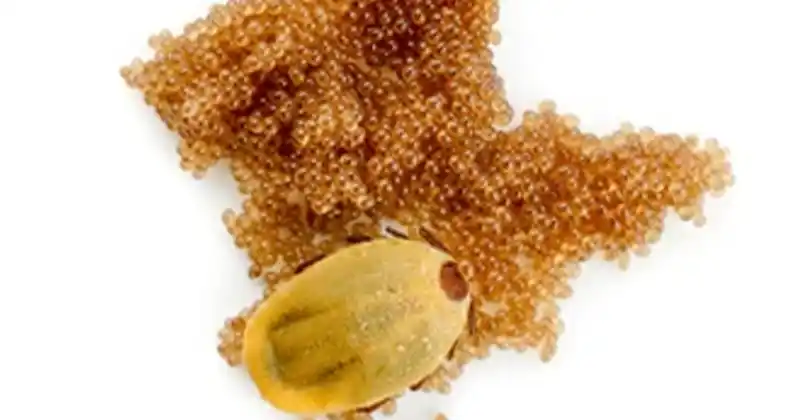
The Dangers of Tick Eggs
The main concern with tick eggs is that they hatch into larvae that can carry diseases such as Lyme disease and Rocky Mountain Spotted Fever. To prevent these diseases from spreading, it’s important to handle tick eggs carefully.
Removal and Disposal of Tick Eggs
If you find tick eggs in your yard, it’s best to get in touch with a professional pest control expert or a veterinarian who can properly identify and advise on how to control and remove the ticks. If you find a tick on your skin, you should use fine-tipped tweezers to grasp the tick close to its head or mouth and pull it straight out without twisting. Once removed, dispose of the tick by placing it in alcohol, a sealed bag, or flushing it down the toilet.
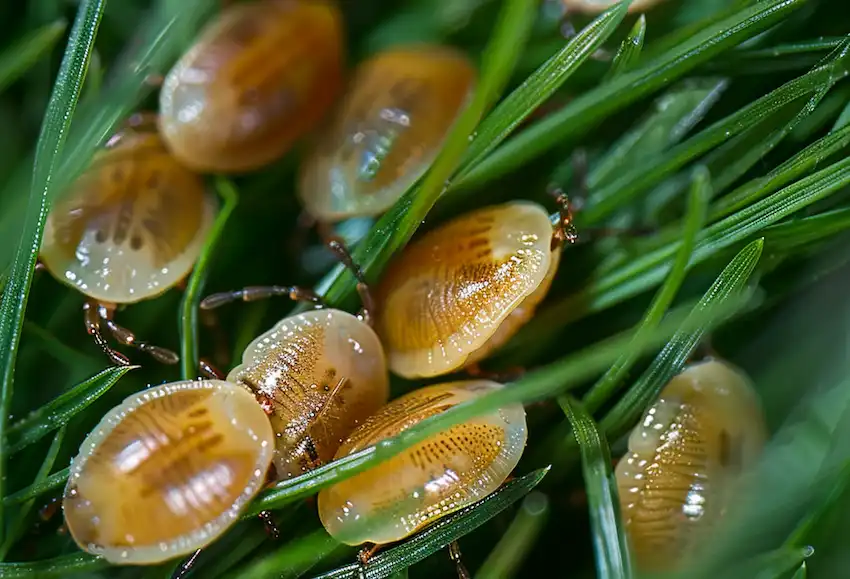
Preventive Measures in Your Backyard
To reduce the likelihood of encountering tick eggs in your backyard, keep your grass trimmed and remove leaf litter and brush. Consider creating a barrier of wood chips or gravel between your lawn and wooded areas to prevent ticks from migrating into your yard. Additionally, treating your pets with veterinarian-recommended tick prevention products can help reduce the chances of them bringing ticks into your home and garden.
